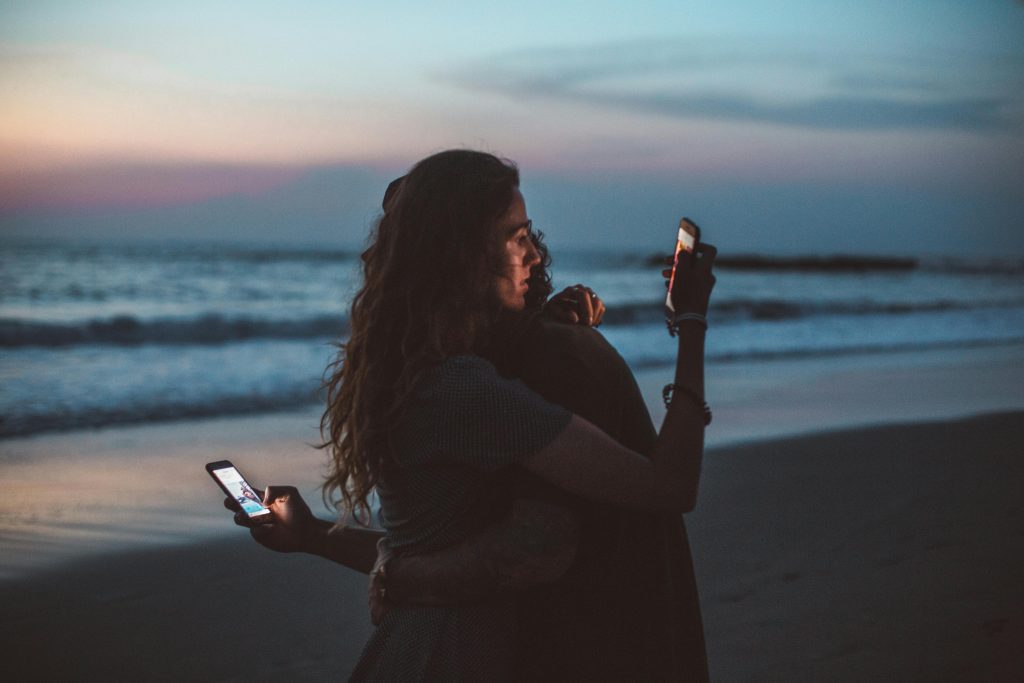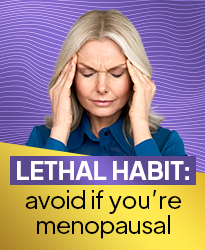Once upon a time, a screen was merely a tool for keeping flies out of windows. Now, it’s the thing you stare at for hours a day, entranced by a never-ending scroll of memes, cat videos, and questionable life advice. But this tech marvel that brings us endless joy (and way too many conspiracy theories) also plays a sneaky role in wrecking our sleep and mental stability. So, if you’re reading this on your phone in bed at 2 a.m. while stress-snacking, buckle up—this blog’s for you.
1. The Bright Side (or Not So Bright) of Screens: Blue Light & Bedtime Disasters
Ah, blue light—the tech world’s answer to a modern bedtime story, but one with a haunting plot twist. Our beloved screens emit blue light, which tells our brains, “Hey, wake up! It’s still daytime!” Our brains, trusting little fools that they are, believe it, cutting back on melatonin—the sleep hormone that’s supposed to help us drift into a sweet slumber.
Now, you might be wondering, “But isn’t blue light blocked by all those special screen filters?” Sure, filters help, but studies show they don’t eliminate all the blue light. Basically, filtering blue light from your phone is like putting a ‘quiet hours’ sign on your phone during a concert. The noise (or light, in this case) still gets through.
Quick Tip to Trick the Brain: Try turning on a “night mode” on your devices, which shifts the color spectrum to warmer hues that scream “sunset” instead of “sun-high-in-the-sky.” Or better yet, give your phone the ol’ Irish goodbye at least an hour before bed. Your melatonin levels will thank you.
2. The Sleep Thief Known as ‘Just One More Episode’ Syndrome
We all know the lie: “Just one more episode.” You tell yourself you’ll turn off Netflix right after this last plot twist, but the next thing you know, it’s 4 a.m., and you’re trying to piece together what went wrong with your life choices as you simultaneously debate if you can survive the day with zero sleep.
Our brains are wired for dopamine—the “feel-good” hormone that’s triggered every time something exciting or unexpected happens, like when your favorite show character finally confesses their love… or runs dramatically into traffic. Streaming platforms, social media feeds, and, let’s face it, even online shopping sites, are designed to drip-feed us dopamine hits that keep us coming back like loyal lab rats.
Reality Check: The “just one more” mindset trains our brains to crave instant gratification. Unfortunately, this keeps us wired long past bedtime, leading to a vicious cycle of exhaustion, irritability, and, yes, more screen time to “wind down” the next night.
Join Our Mailing List
Register now to get our hints and tips newsletter directly to your inbox
3. The Social Media Frenzy: FOMO, Comparing, and Scroll-Induced Insomnia
If blue light and endless streaming weren’t enough, social media also deserves a shoutout for how it subtly chips away at our mental well-being. Social media apps are like those friends who don’t mean any harm but always make you feel a little inadequate. You know, the ones who somehow have perfect beach photos, motivational quotes at dawn, and a gourmet breakfast spread before you’ve even had your morning coffee.
Scrolling through these highlight reels can lead to “FOMO” (fear of missing out) and unhealthy comparisons. It’s exhausting to measure up, and just like that, you’re lying in bed thinking about why your life isn’t as fabulous as some influencer who lives in Bali and does yoga with baby goats.
Suggestion for Survival: Next time you find yourself scrolling into a pit of despair, remember, you’re only seeing the filtered version of everyone else’s life. Behind every perfect latte art and #goodvibesonly post is someone who probably tripped over their yoga mat trying to get the shot.
4. Mental Health Mayhem: Anxiety and Screens, A Love Story
Screen time, especially on social media, has been linked to heightened anxiety and even depression. Every app has a “this post is not performing well” notification, reminding you that, apparently, even your mediocre breakfast post didn’t make the cut. And then there’s the digital doomscrolling—a habit we all developed during the pandemic, and somehow never shook off.
Doomscrolling is when you keep scrolling through negative news, convincing yourself it’s “staying informed.” But let’s face it: after 10 minutes, you’re not informed; you’re exhausted, stressed, and possibly questioning the fate of humanity.
Break the Cycle Tip: Try a screen curfew and shift your pre-bedtime routine. Instead of TikTok wormholes, try reading a (gasp!) paper book or doing some light stretching. Let your brain have a break from screens, and watch how your mental clarity improves.
5. The Bottomless Pit of Information Overload
Thanks to our screens, we now have access to a 24/7 buffet of information. And like any buffet, sometimes you leave feeling satisfied, but more often, you leave regretting that last helping of fried info. The endless stream of headlines, opinions, and viral content bombarding us each day creates a constant state of overstimulation.
This hyper-stimulation affects our sleep quality, as our minds struggle to wind down. Instead of drifting off, we lay in bed, replaying everything we read that day, from election updates to obscure animal facts. Over time, this affects our mental health, leaving us feeling foggy, unfocused, and more likely to turn to screens as a distraction from the overwhelm.
Pro Tip for a Better Mental Diet: Set boundaries around when and how you consume content. Set a “last call” on checking news or emails. Let your brain digest smaller portions, like it’s dining at a fancy restaurant, not an all-you-can-eat content buffet.
6. The “Reward” That’s Actually Robbing You of Joy
Most of us use our phones as a form of escape or reward: a quick game, a few messages, a browse through online shopping carts we’ll never actually buy. But these “rewards” actually have a sneaky effect on our ability to experience real happiness and fulfillment. Constantly reaching for a digital reward makes our brains reliant on artificial pleasure hits. Instead of savoring real-life experiences, we start craving those dopamine bursts only a screen can provide.
So, while you might feel good in the moment, excessive screen time actually shrinks the pleasure you can derive from day-to-day interactions, meals, and even conversations. In short, too much screen time not only messes with your sleep but slowly chips away at the pure joy in life’s little moments.
Final Thoughts: Breaking Up with Your Screens (Just a Little)
If this post has made you feel slightly called out, remember: you’re not alone. We’re all in this screen-heavy boat, navigating life through screens with the best intentions. But taking back control can start with just a few small changes.
- Introduce a Digital Curfew: No screens at least one hour before bed. Dim the lights, switch off, and let your brain slowly drift toward dreamland.
- Use Screen Time Apps: These are your allies! Track how much time you spend on your devices, and adjust to keep it within limits that support your mental health.
- Choose Real-Life Over Real-Time Updates: For every digital interaction, try a face-to-face one. Your nervous system will thank you.
- Practice “The Old Switcheroo”: Swap screens for alternatives—try a board game, journal, or get outside. Build a world that doesn’t revolve around pixels.
Sure, our screens are here to stay, but by making conscious choices, we can enjoy the best of what they offer without sacrificing our sleep, mental health, and joy. So next time you’re tempted by that “just one more episode” trap or feel the need to check your phone “one last time,” remember that your sanity is worth a little less screen time. Now go rest those eyes, and let yourself savor a well-deserved night of sleep, screen-free.




